Night Command
The Elite Tactical Unit of the Favontille Army
Night Command is a recognised but largely unseen part of Favont’s military. Their work is known to exist, but the specifics of their missions remain classified. Their role is seen as a necessary extension of the government’s military operations, deployed for high-risk or sensitive situations that require precision and discretion.
History
Founding and Early Years
Night Command was commissioned by King Terys II in 587, following The Chamberlain Uprising. Recognising the need for an elite special forces unit to handle high-risk and sensitive situations, he established Night Command as a highly trained force composed exclusively of Nightwalkers. Their early missions focused on suppressing dissenters after the uprising, eliminating remaining threats, and restoring order.
The Nightwalker Civil War and Division
Shortly after its founding, Night Command was drawn into the Nightwalker Civil War, a conflict over the treatment of Ananans. Arlene Dawes, an elitist, argued that Ananans should be treated as a resource, while Aeryn DeSteffen, a liberal, advocated for their equal treatment. The war caused deep divisions within Night Command, as members found themselves on opposing sides of the conflict, sometimes against their own friends and colleagues.
The war ended in 596 with Arlene Dawes' defeat and exile from The Stiriphese, along with her followers. This division also led to the splintering of Night Command, with a portion of its members leaving to form Night Guard, a unit that became personally favoured by the royal family for protective duties. Meanwhile, Night Command remained focused on battle, counter-terrorism, and other high-stakes military operations.
Expansion and Global Operations
In 683, the founding of the Strategic Defence Agency (SDA) saw Night Command being increasingly utilised in espionage operations requiring highly trained military support. The SDA and Night Command conducted joint missions across the world, securing Favont’s interests through covert operations.
During the world wars, Night Command played a significant role in classified missions. Many details of their activities remain undisclosed, but they were instrumental in covert operations that shaped the course of the conflicts.
The Reconstruction and Exclusion of Ananans
In 941, Night Command was implicated in the events of The Reconstruction, particularly in the enslavement of Ananans in Ibaleban. However, it was Night Guard, not Night Command, that arrested the Ananan citizens. Despite this, Night Command saw a permanent shift in its composition following the event—Ananans were no longer included in its ranks. This marked the end of their previously integrated force and reshaped Night Command’s role moving forward.
Cultural Impact
Public Perception
Among the General Population
- Most citizens rarely, if ever, see Night Command operatives in their daily lives. Their presence is understood, but they operate outside of public engagement.
- When their involvement is acknowledged, it is considered a sign that a situation is serious and requires highly trained specialists.
- Their work is viewed as a professional necessity rather than a subject of widespread discussion.
Among the Military and Government
- Within the Favontille Army, Night Command is respected as a specialist unit with expertise in high-risk operations.
- They are deployed when a mission requires a level of skill beyond conventional forces, and their work is treated as a standard part of military strategy.
- Their activities are overseen by military high command, ensuring they remain an integrated part of Favont’s structured defence forces.
Where Do People See Them?
- They are not publicly visible in military parades, ceremonies, or state displays.
- Occasionally, retired members transition into private security, consultancy, or government roles, but their past service is rarely discussed.
What They Mean for Society
- Night Command represents Favont’s ability to handle extreme threats efficiently and without disruption.
- Their role in counterterrorism, high-risk interventions, and covert operations ensures national security remains stable.
- Their presence reinforces confidence in the government’s control over military affairs.
Structure
Night Command is made up of four squadrons: A, B, C, and D squadrons. Each squadron is divided into troops of 16 men, which are further divided into patrols of 4 men.
Within the ranks below, there are also:
- Intelligence Officers
- Combat Medics
- Technical & Communications Specialists
- Quartermasters
| Title | Role | Number | Insignia |
|---|---|---|---|
Lieutenant Colonel |
| 1 | |
Major |
| 2 | |
Captain |
| 5 | |
Lieutenant |
| 10 | |
Regimental Sergeant Major |
| 1 | |
Squadron Sergeant Major |
| 4 | |
Staff Sergeant |
| 10 | |
Sergeant |
| 20 | |
Corporal |
| 30 | |
Lance Corporal |
| 40 | |
Trooper |
| 120 | No Insignia |
Training
Selection
- Only the most elite soldiers are considered for Night Command. Selection is by invitation only, with candidates drawn from the Favontille Army or the SDA.
- Nightwalkers, Humans, and historically Ananans, all undergo the same gruelling tests, with only slight variations to accommodate their abilities.
- Candidates must demonstrate expertise in combat, endurance, problem-solving, and psychological stability under extreme stress.
Selection Course – 6 Months
This phase eliminates over 90% of candidates. It is designed to break them physically and mentally, ensuring only the most determined and capable individuals remain. It includes:
- Extreme Endurance Training – 40km+ marches with full kit, sleep deprivation, starvation tactics.
- Navigation & Survival – Long-range solo navigation across The Stiriphese Mountain range, evading capture.
- Mental Fortitude – Simulated interrogations, psychological torture resistance, and extreme pressure scenarios.
- Hand-to-Hand Combat – Mastery of Rosa (for Humans and Human Nightwalkers) and Arcane Rosa (for Magi Nightwalkers and Ananans).
Advanced Training – 12 Months
Once selected, recruits undergo a full year of training, specialising in high-risk operations, advanced combat techniques, and covert warfare.
Combat & Tactical Training
- Close-Quarters Battle (CQB) – Training in tight-space combat, breaching techniques, and hostage rescue.
- Advanced Firearms Training – Mastery of all weapon types, including ranged, melee, and Aether firearms.
- Explosives & Demolitions – Expertise in bomb disposal, sabotage, and precision demolitions.
- Long-Range Marksmanship – Sniper and recon training, including adjusting for wind, visibility, and target movement.
- Magi Nightwalker and Ananan Specialised Combat – Training in using the Aptitude, and advanced Arcane Rosa, and training for humans in how to defend themselves against magic attacks.
Survival, Espionage & Infiltration
- Stealth & Evasion – Training in urban and wilderness evasion, disguise, and false identities.
- Interrogation Resistance – Psychological and physical training to withstand extreme torture and interrogation.
- Undercover & Counter-Intelligence – Techniques for infiltrating hostile groups, assuming identities, and intelligence gathering.
Final Phase: Live Operations (3 Months)
Before becoming fully operational, recruits must complete real-world missions under supervision, including:
- High-risk hostage extractions
- Targeted assassinations
- Covert sabotage missions
- Urban counter-insurgency
Failure in this phase results in immediate removal from Night Command.
Equipment
Standard Loadout
All Night Command operatives wear identical combat gear to ensure uniformity and prevent distinction between Nightwalkers and non-Nightwalkers. Their attire and equipment are designed for efficiency, protection, and adaptability in the field.
Combat Uniform
- Black Tactical Gear – Full-body black combat attire designed for stealth and manoeuvrability.
- Stab Vest – Worn over the uniform for added protection.
- Nightwalker Mask – White with black skull-like lines and red streaks from the eyes, resembling blood. Functions as both a helmet and protective face covering.
- Hood and Leather Gauntlets – The gauntlets contain concealed, in-fitted knives for close-quarters combat.
Standard Weapons & Gear
- Aethostone Caster – Aether-powered handgun carried by all operatives for use in close quarters.
- Throwing Knives – Compact and lethal for silent ranged attacks.
- Stiriphesian Sword – A straight-edged, single-sided blade with a two-hand grip, serving as a close-combat weapon.
- A5 Submachine – An automatic aether-powered submachine gun.
Additional Equipment
- Basic Medical Equipment – First aid supplies for battlefield treatment.
- Communication Devices – Encrypted radio and tactical communication systems.
- Rations & Survival Gear – Water, food, spare ammunition, an anorak, and a lightweight sleeping bag for long missions.
Dress Uniform
When not in combat, Night Command wears a formal dress uniform that retains their masked identity while maintaining a military presence.
- Blue Wool Suit – Standard formal attire.
- Brown Leather Gauntlets, Vest, and Boots – Designed for both style and practicality.
- Red Silk Cape with Hood – Distinctive formal garment that signifies their elite status.
- Nightwalker Mask – Worn even in formal settings to maintain anonymity.
- Stiriphesian Sword – The only weapon carried during formal occasions.
Specialist Equipment
Certain operatives within Night Command carry additional equipment suited to their specialised roles.
- Aethostone Sniper Rifle – Long-range, high-powered aether-based firearm.
- Dynamite – Used for controlled demolitions and sabotage.
- Excavation & Construction Tools – Essential for breaching, fortification, and engineering tasks.
Transport & Deployment
- Motorbikes – High-speed, manoeuvrable transport for rapid response.
- Tanks – Heavy-armoured ground vehicles for direct combat support.
- Armoured Vehicles – Used for troop deployment and high-risk missions.
- Boats & Submarines – Essential for water-based infiltration and operations.
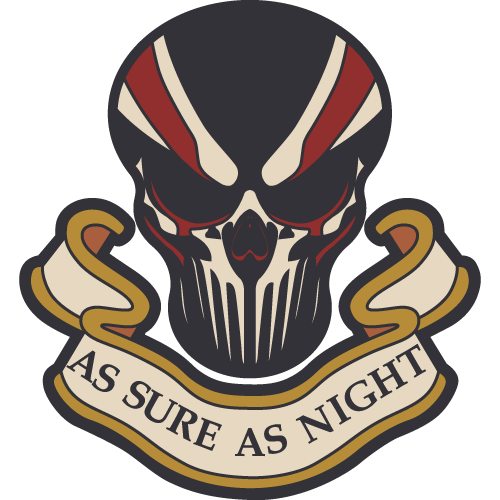
"It's tough. You've got to want it. The training is brutal, but it has to be, because the life you lead after that is brutal too. I wanted it. I love my country, I was proud to defend it, and to not do so would have been a failure for me. I had to want it."
"They're so cool. Some of my favourite films and shows are all about Night Command. They've got that look, and that history, the cape, the mask, the sword. I just love it when they walk on the screen, and you just know the bad guy is going to get it. Night Command never miss."
Aeryn DeSteffen
"The military is the back bone of Stiriphesian life. To be selected for Night Command is an honor, to make it through all the training is an achievement beyond measure. When you look upon a member of Night Command, you know you are looking at someone who has worked hard, who understands duty, and values their community above all."
"I sometimes joke that I have trained ruthless killers only a phone call away. I know I shouldn't, but its not untrue. People often think I'm talking about Night Guard, but between the two, Command is the one with the reputation that you can not deny. I am always glad that they serve Favont. I'd hate to be their enemy."
Janavier Rance
"They're the face of the Nightwalkers, if you can even say that, because you never see their faces. I know Nightwalkers come in all shapes, but when you think about them, you think about Night Command: the bunch of psychos who go places where the government don't want to admit, and do the shit that they'd never want to own up to. Scary, that's what they are. I hope I never meet one."
Ari
"They're them faceless ones, right? I remember them during the reconstruction, though some people have said they weren't really them, they were people pretending because they've got a scary rep. Well, they ain't wrong, but that's the problem, ain't it? They could be anyone, and you wouldn't know."
"In my youth, I knew someone who was in Night Command. I entertained the idea that we might be something, but I very quickly knew that would not be possible. We had wildly different opinions, and he was not a fan of mine. I hope he's okay. He had a good heart. Not a talker, he kept it all very much to himself, but beyond that, most noble."
Pearl Lightly
"Fortunately I work with the Royal Family. I've heard trying to pin down Command for anything public is often impossible. They deliberately enjoy being elusive. I suppose they have a reputation to upkeep, and sometimes that mystery is part of the allure, but I have had many colleagues complain to me about how the 'mystery' gets a little tiring sometimes."
Prince Veris
"They are a legend, even in Niphan, they are legendary. I am hoping I can meet one, but I have heard they are notorious. Though, I have also heard that the Lieutenant Colonel is Niphanese themselves. I hope its true. What an honour, and what irony as well, I suppose, that the legendary army should be led by a man from Niphan."


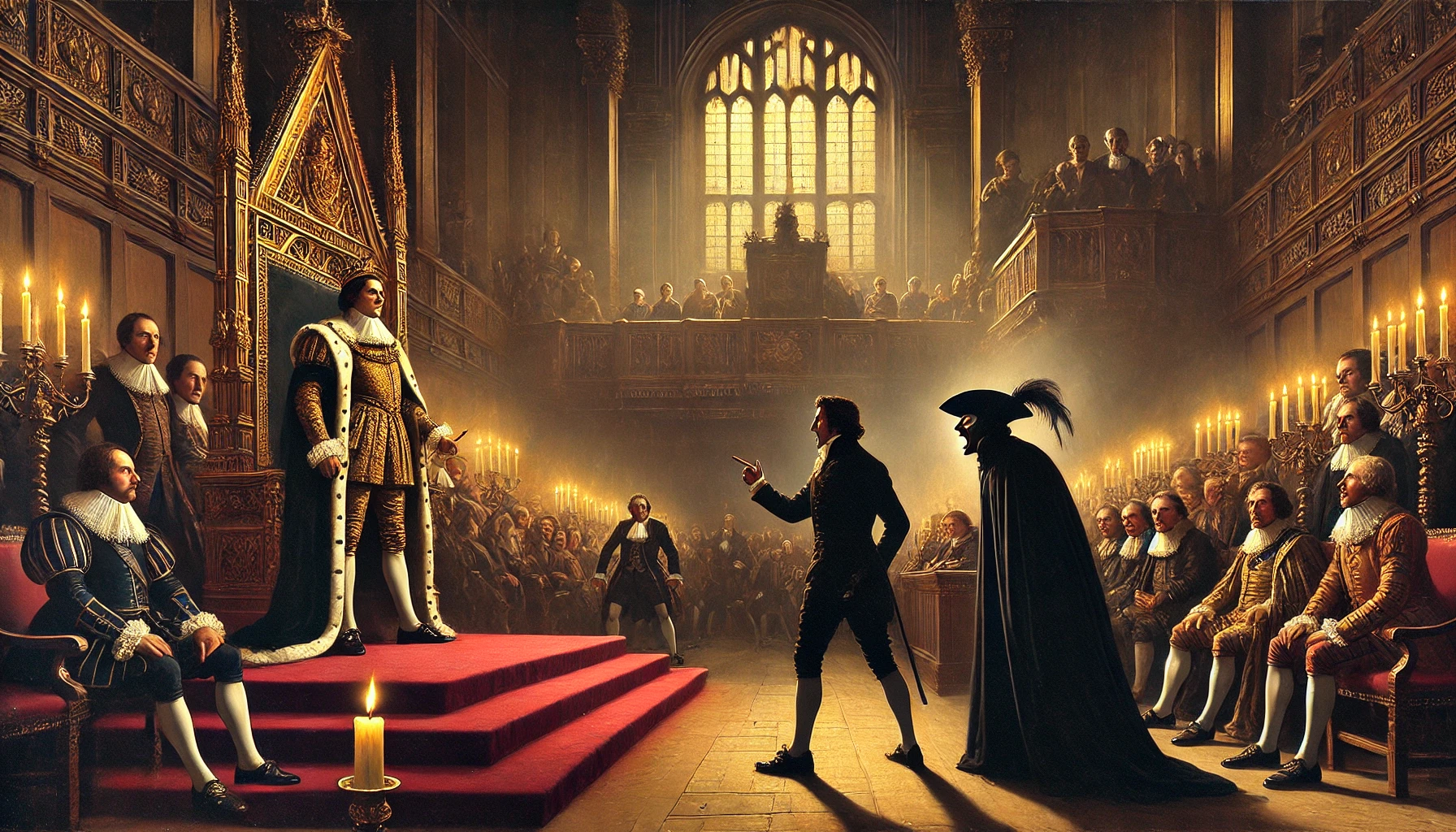
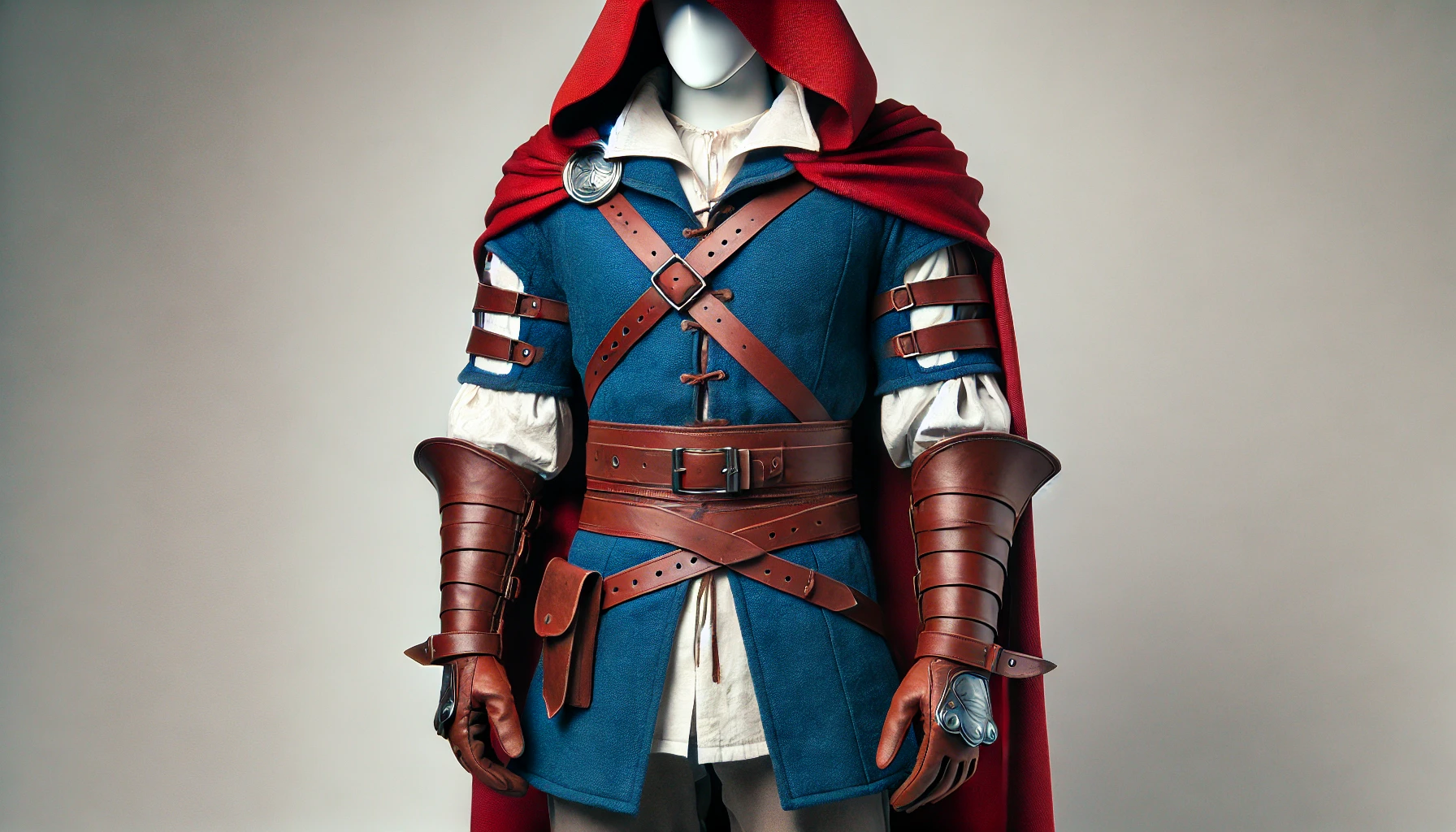
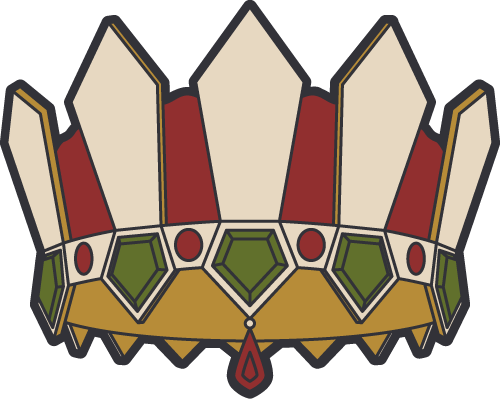
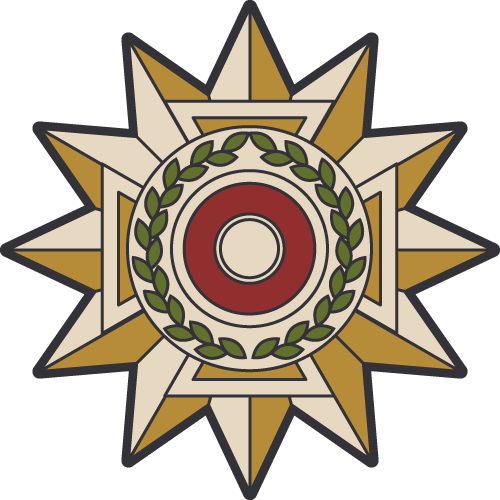
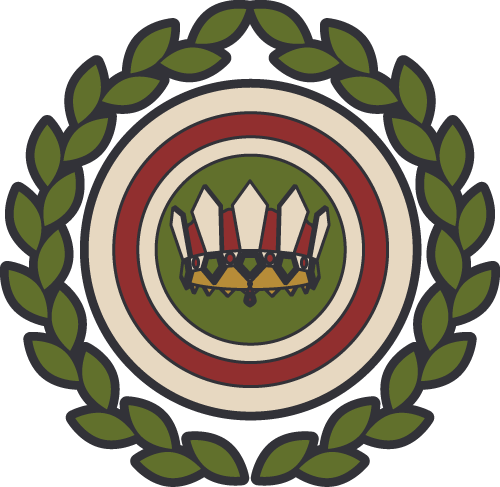
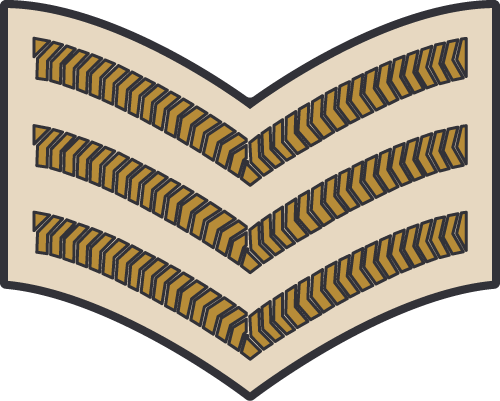
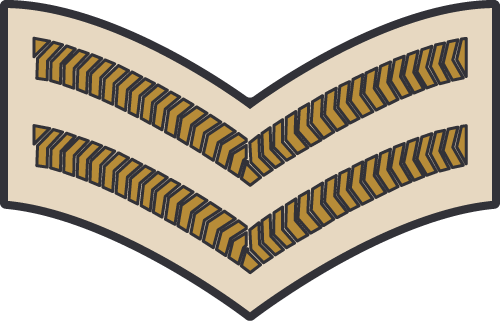
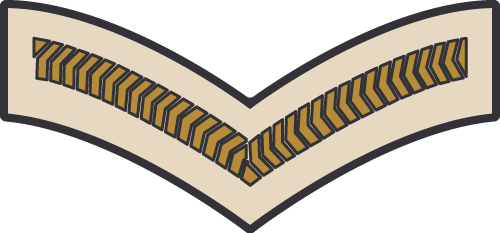
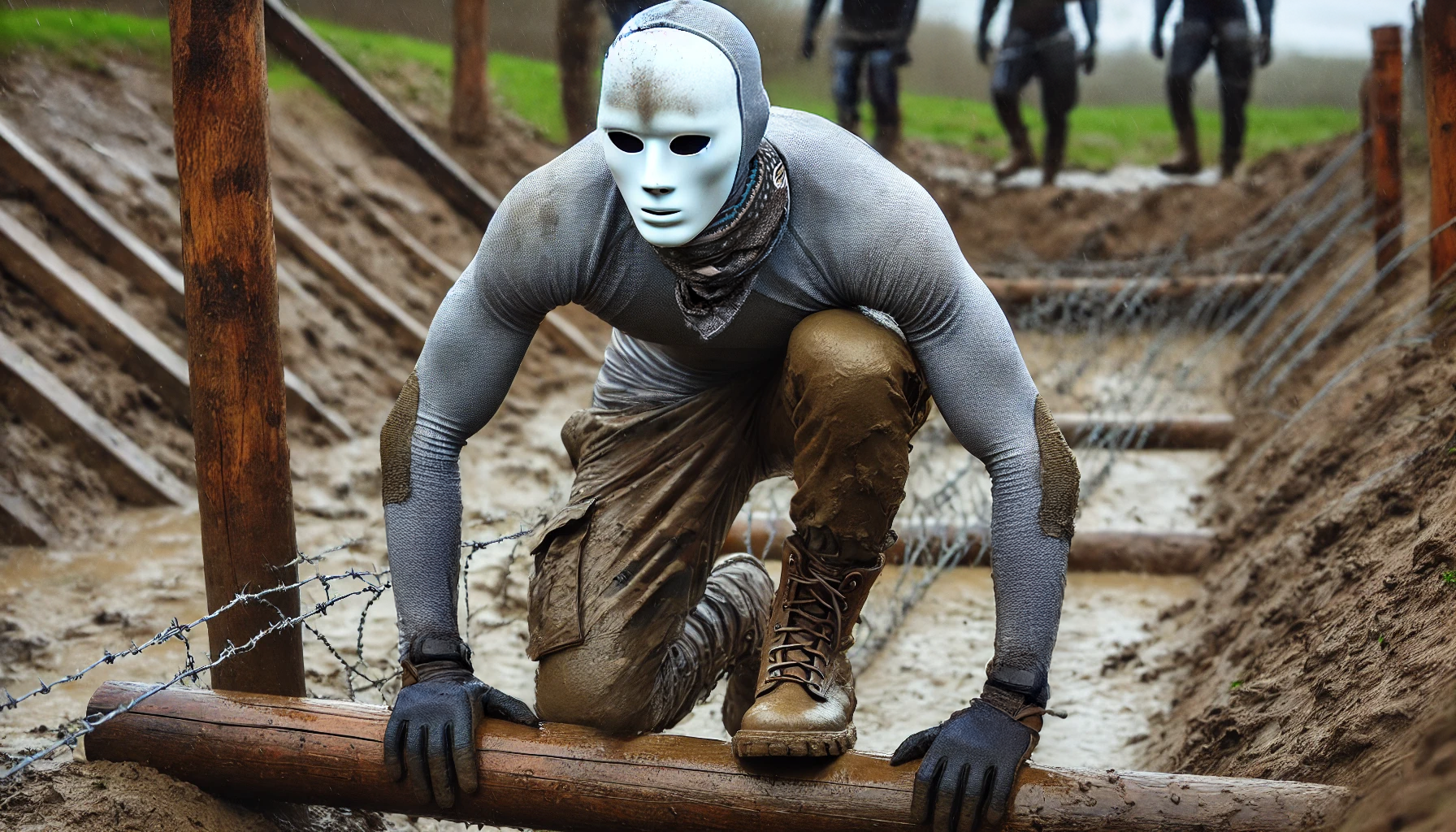
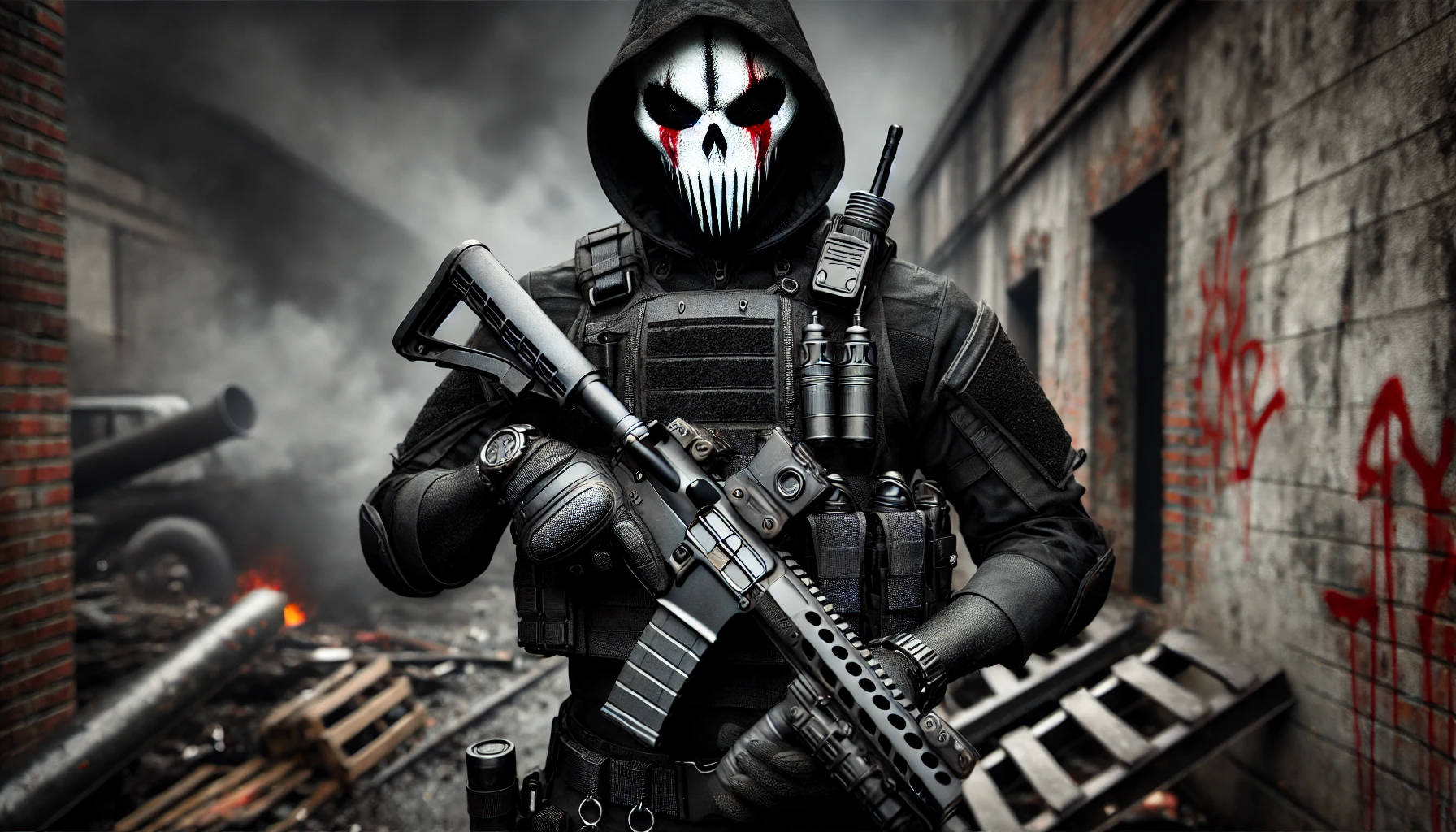
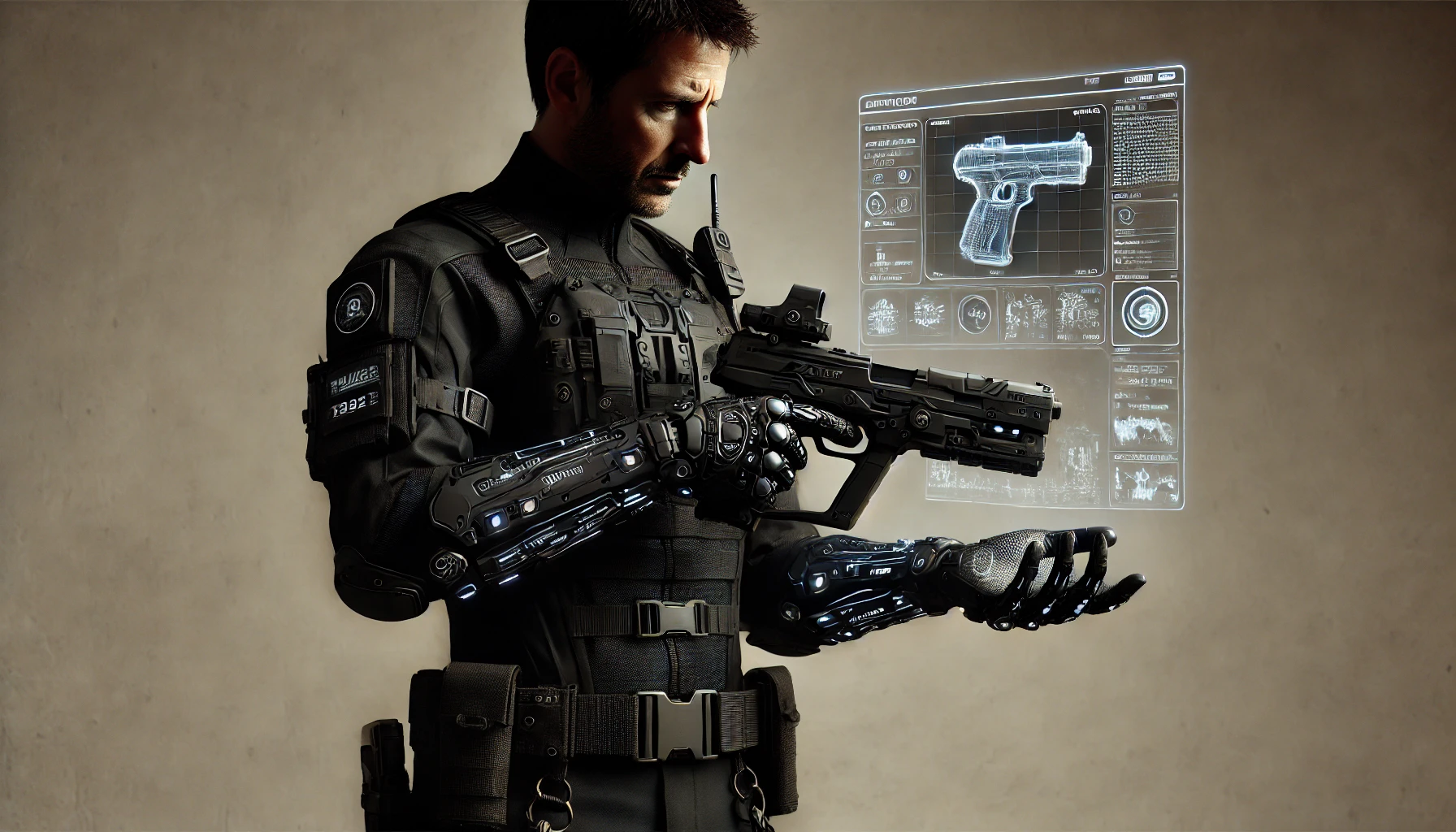
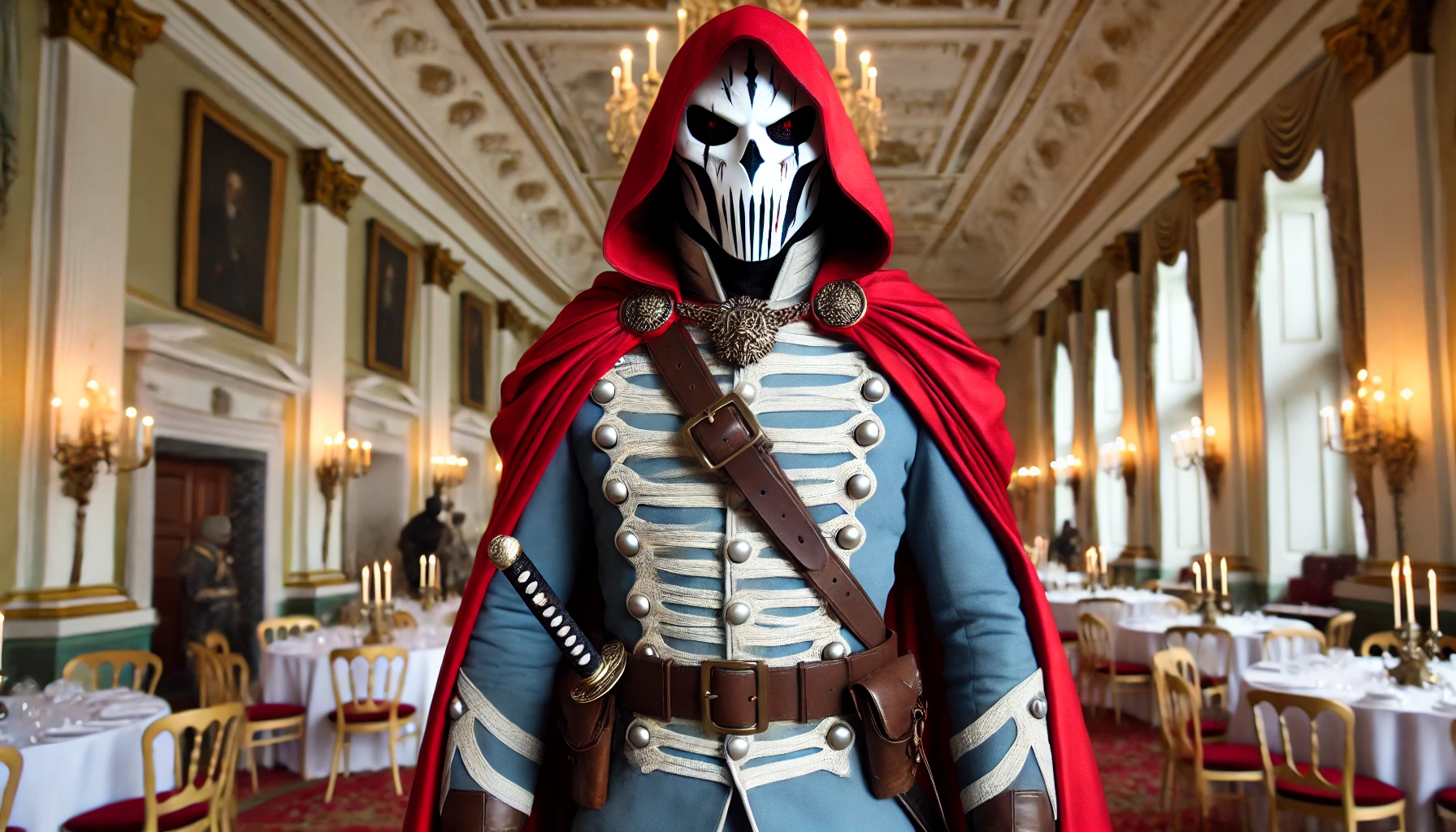











Comments